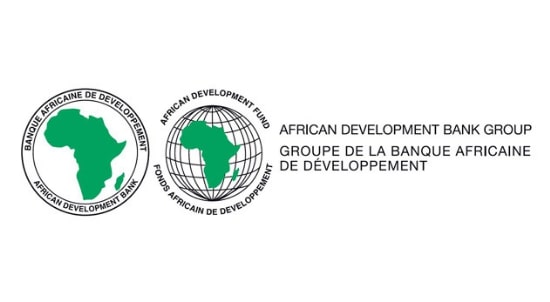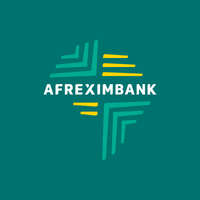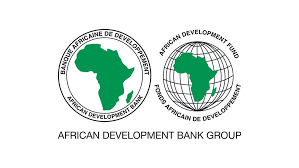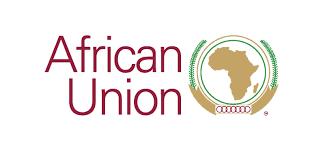Benin: African Development Bank to invest €102 million to boost poultry meat production

The Board of Directors of the African Development Bank Group meeting in Abidjan today approved a €102.12 million loan to Benin to implement the first phase of the Agriculture Transformation Programme in the country’s savannah region.
African Development Fund approves investment to help Somali communities build climate-resilient livelihoods

The Board of Directors of the African Development Fund (ADF) has approved, on 02 December 2025, a $9.63 million grant to strengthen climate resilience, food security and incomes of rural communities in the Hirshabelle and Puntland regions of Somalia.
African Development Bank Approves $10 Million to catalyse Namibia’s Large Green Hydrogen Project

The African Development Bank’s Board of Directors has approved a $10 million loan to Hyphen Hydrogen Energy, a Namibian green hydrogen development company, to support a green ammonia project valued at more than $10 billion and with the potential to position Namibia as a pioneer in the global green hydrogen economy.
FG Gold, AFC and Afreximbank Achieve Financial Close on US$330 Million Senior Debt Financing for Baomahun Gold Project

FG Gold Limited (“FG Gold”) is pleased to announce that it has achieved financial close and the first drawdown on its US$330 million Senior Debt Financing with Africa Finance Corporation (AFC) and the African Export-Import Bank (Afreximbank), for its Baomahun Gold Project, marking the development of Sierra Leone’s flagship large-scale commercial gold mine. This milestone unlocks one of the most significant project financing deals in the country’s history and supports Sierra Leone’s ambition to responsibly harness its mineral resources for sustainable economic transformation. The transaction was further strengthened by capital mobilised through Trafigura Group.
African Development Bank approves landmark $1.78 billion strategy to support transformation of Namibia's economy and create jobs

The African Development Bank Group's Board of Directors has approved a Country Strategy Paper (CSP) for Namibia committing $1.78 billion to support economic transformation and inclusive growth in the 2025-2030 period.
Nigeria: African Development Bank provides $200 million to support Special Agro-Industrial Processing Zones Program facebook sharing button

The Board of Directors of the African Development Bank Group has approved $200 million for the first tranche of the Multi‑Tranche Financing Facility under Phase II of Nigeria’s Special Agro‑Industrial Processing Zones (SAPZ) Program.
Morocco: African Development Bank approves a €450 million guarantee to support the OCP Group in raising €530 million for its green investment program

The Board of Directors of the African Development Bank Group approved on Wednesday a non-sovereign partial credit guarantee of up to €450 million to support the Office Chérifien des Phosphates (OCP) Group.
Africa Investment Forum Secures $15.3 Billion, 39 Bankable Projects at 2025 Rabat Gathering

The 2025 Africa Investment Forum (AIF) Market Days wrapped up on Friday in Rabat, Morocco, with $15.3 billion in investment interest covering 39 bankable projects, underscoring a growing global appetite for African opportunities.
African Group holds a One Day Retreat to reflect on the UN80 Initiative

The Permanent Observer Mission of the African Union (AU) to the United Nations (UN) On November 26, 2025, hosted a one-day retreat for the African Group of Permanent Representatives to the UN. The retreat provided a platform to deliberate and exchange views on the UN80 Initiative, under the theme: “Strategic African Response to the UN80 Reform Initiative.” Participants included Deputy Permanent Representatives (DPRs), experts, African Group Coordinators of United Nation General Assembly (UNGA) Committees, and staff from the AU Permanent Observer Mission.
COP30: African Development Bank Group Backs Increased Access to Climate Finance for Electricity Grids and Energy Storage

The African Development Bank Group and several other national and international institutions have endorsed a common framework to increase the access to climate finance for grid investments.




